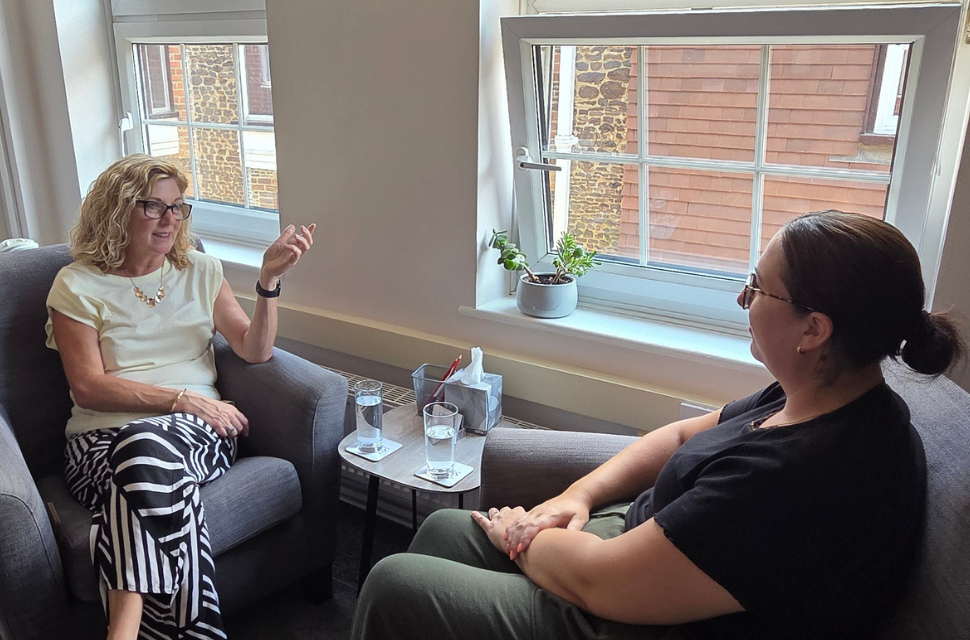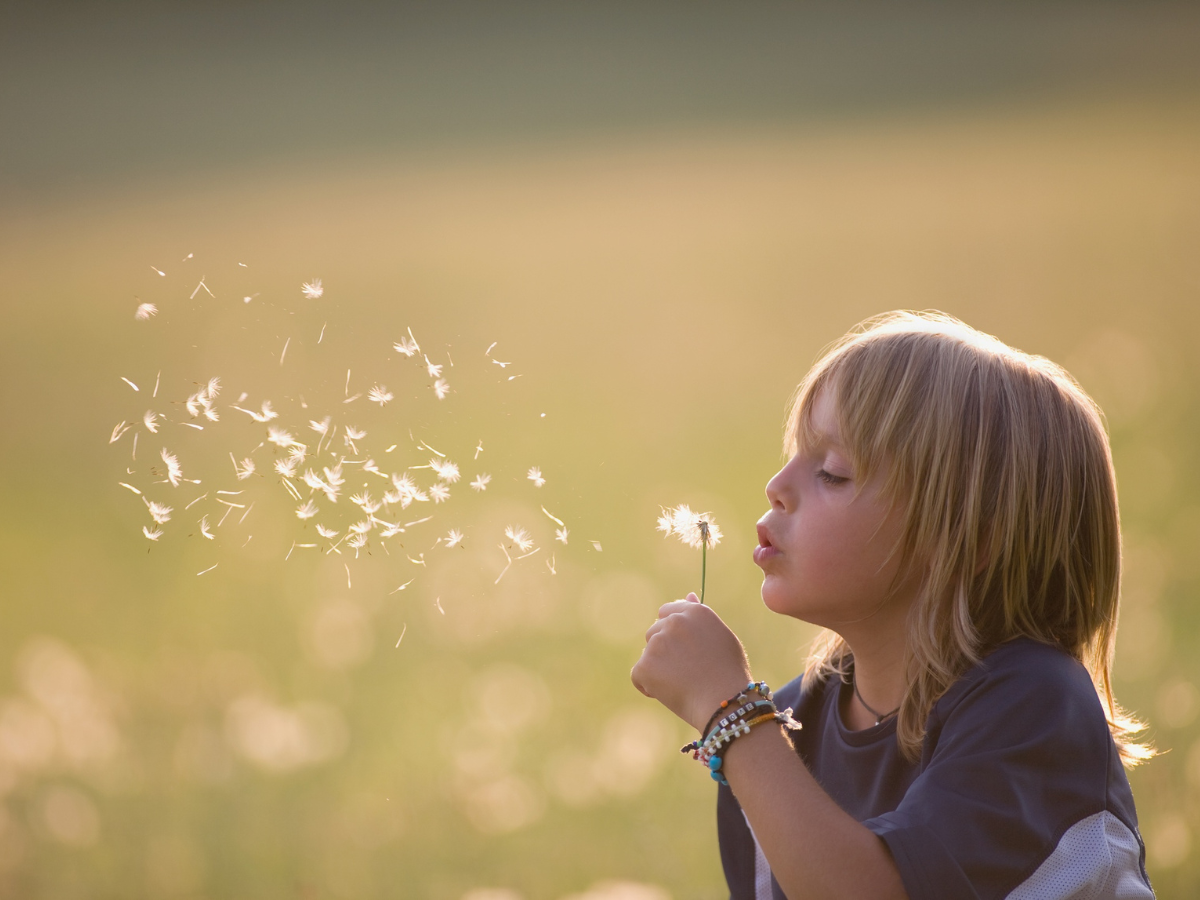The experiences we have in our early years can leave deep and lasting imprints on our lives. When those experiences involve adversity, neglect, or harm, the effects may echo well into adulthood. Childhood trauma does not simply disappear as we grow older; rather, it can profoundly shape how we view ourselves, the world, and those we form connections with. One of the most significant areas affected is our adult relationships.
Childhood trauma refers to distressing or harmful experiences during the early years of development, typically before the age of 18. These experiences may include:
• Physical abuse
• Emotional abuse
• Sexual abuse
• Neglect
• Witnessing domestic violence
• Living with a parent who struggles with addiction or mental illness
• Bereavement or abandonment
• Exposure to traumatic events such as accidents or disasters
Such experiences are often grouped under the term Adverse Childhood Experiences (ACEs). Research consistently demonstrates that ACEs increase the likelihood of developing mental health conditions such as depression, anxiety, and post-traumatic stress disorder (PTSD) in later life.
The effects of childhood trauma extend beyond childhood itself. The brain and body develop in an environment of safety or danger, and when danger is present, the stress response system becomes overactive. This can result in:
• Heightened anxiety and hypervigilance
• Difficulty regulating emotions
• Low self-esteem and self-worth
• Dissociation as a coping mechanism
• Increased risk of depression or traumatic stress disorders
• Challenges forming and maintaining relationships
These responses are adaptive in unsafe environments but can later interfere with building future relationships.

Adults who experienced betrayal, neglect, or abuse during childhood may find it hard to trust others. Relationships often rely on a foundation of safety and reliability, but unresolved trauma can lead to:
• Fear of abandonment
• Difficulty opening up emotionally
• Constant worry about being hurt or rejected
Traumatic events in childhood may disrupt a child’s ability to learn emotional regulation. In adulthood, this may look like:
• Intense arguments or emotional shutdowns
• Difficulty discussing problems constructively
• Avoidance of conflict to minimise perceived danger
Psychological research shows that early relationships with caregivers form our attachment style. Childhood trauma often contributes to insecure attachment patterns, such as:
• Anxious attachment: fear of rejection, clinginess, and dependency
• Avoidant attachment: emotional distancing, reluctance to commit
• Disorganised attachment: fluctuating between seeking closeness and pushing others away
Survivors of sexual abuse or emotional abuse may find intimacy overwhelming, triggering, or unsafe. This can affect sexual health, closeness, and the ability to feel safe within a romantic relationship.
Growing up in an environment where needs were ignored or invalidated may result in difficulty expressing oneself. Trauma survivors might:
• Struggle to assert personal boundaries
• Over-accommodate others’ needs while neglecting their own
• Fear that conflict will lead to rejection or abuse
When faced with stress, survivors of trauma may unconsciously detach from reality – a process called dissociation. In relationships, this can cause distance and misunderstandings, as one partner may feel emotionally unavailable.

It is widely recognised that unresolved childhood trauma significantly increases the risk of mental health conditions. Survivors may experience:
• Depression linked to feelings of worthlessness or guilt
• Anxiety driven by constant fear or worry
• Post-Traumatic Stress Disorder (PTSD) with flashbacks or nightmares
• Difficulties with self-identity and confidence
Left untreated, these conditions can compound relationship challenges, creating cycles of conflict, withdrawal, or dependency.
Although the impact of childhood trauma can feel overwhelming, it is possible to heal and build healthier relationships. The process requires compassion, patience, and professional support.
Working with a trained therapist provides a safe space to explore past experiences, recognise patterns, and develop healthier coping mechanisms. Different approaches may include:
• Cognitive Behavioural Therapy (CBT) for challenging unhelpful thoughts
• Eye Movement Desensitisation and Reprocessing (EMDR) for trauma processing
• Psychodynamic psychotherapy to explore early relationships and attachment
• Couples therapy to address the impact of trauma within a partnership
A strong therapeutic relationship between client and therapist can itself be healing. For those who never experienced consistent care in childhood, therapy can model a relationship built on trust, respect, and empathy.
Therapy can also support individuals to:
• Identify personal needs
• Communicate more clearly in relationships
• Say “no” without guilt
• Rebuild trust gradually
Alongside psychotherapy, individuals may benefit from:
• Mindfulness and grounding techniques
• Journaling and self-reflection
• Physical wellbeing practices such as yoga or exercise
• Support groups or community networks
At The Eaves Counselling and Psychology Ltd, we offer a wide range of services to support those impacted by childhood trauma, including individual therapy, couples counselling, and family therapy. Our practitioners are highly trained and experienced in supporting survivors of trauma, helping clients rebuild self-esteem and foster healthier future relationships.

The journey of recovering from childhood trauma is deeply personal. For some, the decision to seek therapy comes after years of struggling with anxiety, depression, or trust issues in relationships. For others, the impact becomes clear during major life transitions, such as marriage, parenthood, or loss.
While the past cannot be changed, healing allows individuals to reclaim their present and build the secure, loving connections they deserve. By working with a skilled psychotherapist or counsellor, it is possible to understand how trauma has shaped one’s life and begin the healing process.
At The Eaves, we are committed to supporting clients across Guildford, Godalming, Farnham, Haslemere and online. Whether you are seeking support as an individual, couple, or family, our professional team can help guide you towards recovery and healthier, more fulfilling relationships.

The effects of childhood trauma can be profound and long-lasting, but they do not have to define your life or your relationships. Understanding how trauma impacts adult connections is the first step towards change. Through therapy, self-compassion, and professional guidance, it is possible to break free from the cycles of fear and pain, and instead foster trust, love, and resilience.
If you are struggling with the impact of childhood trauma on your relationships, The Eaves is here to help. Our team of counsellors, psychotherapists, and psychologists can provide the expert care you need to begin the healing journey.
At The Eaves Counselling and Psychology Ltd, we regularly support clients who are exploring how adverse childhood experiences have shaped their ability to trust, love, and feel secure in partnerships, friendships, and even professional connections. By understanding the impact of childhood trauma, individuals can take the first steps towards healing and forming healthier, more fulfilling bonds.
Childhood trauma refers to distressing or harmful experiences that occur before the age of 18, such as physical abuse, emotional neglect, sexual abuse, or witnessing violence. These experiences, also called Adverse Childhood Experiences (ACEs), can have lasting effects on mental health and relationships in adulthood.
The impact of childhood trauma can include trust issues, difficulty regulating emotions, insecure attachment styles, communication struggles, and challenges with intimacy. Survivors may find it hard to feel safe and secure in partnerships without professional support and healing.
Yes. Therapy provides a safe, supportive environment to process traumatic experiences and develop healthier coping strategies. Approaches such as CBT, EMDR, and psychodynamic psychotherapy are often effective in addressing the effects of childhood trauma.
Healing is absolutely possible. While the past cannot be changed, therapy, self-care, and supportive relationships can help individuals rebuild trust, develop healthier boundaries, and create fulfilling adult relationships.
At The Eaves Counselling and Psychology Ltd, our highly qualified counsellors, psychotherapists, and psychologists specialise in trauma therapy. We offer individual, couples, and family support in Guildford, Godalming, Farnham, Haslemere, and online, helping clients move forward in the healing process.